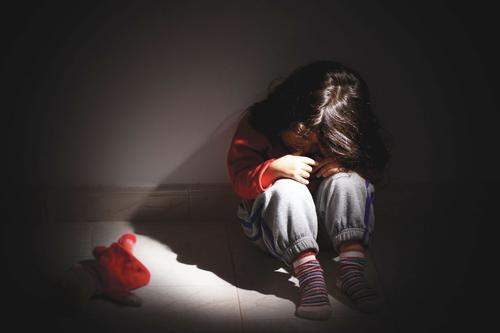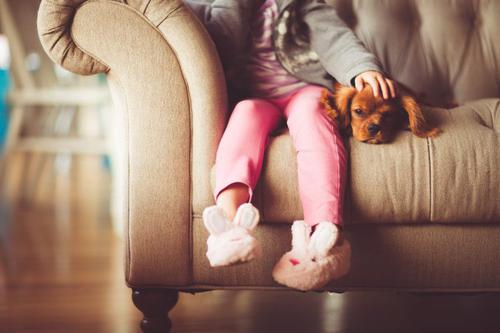Managing PTSD from Childhood
PTSD, or Post-Traumatic Stress Disorder, refers to a mental health problem. It is the outcome of undergoing a traumatic experience. Those who suffer from PTSD in childhood may face a lot of problems in the future. This is because they tend to relive their experience again and again. You can help these children in several ways, but recognizing the symptoms early is extremely pivotal in curing them.

Causes and Symptoms of PTSD
PTSD can be due to a multitude of reasons. A few of these are given below.
- Sexual abuse
- An accident like a car crash
- Domestic violence
- Natural disaster-like an earthquake or flood
- Man-made disaster-like bombing
- Animal bite
- Invasive surgical procedure
- Physical assault
- Personal attack-like kidnapping or mugging
- Bullying
- Neglect
- Experiencing human trafficking
- Being a prisoner of war
- Living in a war afflicted area
- Having a history of mental illness
- Lack of support
- Stressful life conditions
Several symptoms demonstrate that your child is suffering from PTSD, and a few of these have been listed below. Once you notice these symptoms, get alert and seek professionals for help.
- Feeling depressed
- Feeling nervous and jittery
- Sleep disorders
- Losing interest in activities once enjoyed
- Feeling numb
- Getting aggressive and even violent at times
- A problem in feeling affectionate
- Trying to stay back from places that bring back memories
- Having flashbacks in terms of seeing images or hearing sounds of the past incident
- Moving away from reality and getting into a dreamy state
- Facing problems at school
- Thoughts of dying early
- Finding it difficult to focus on anything
- Headache
- Stomachache
- Bedwetting
- Thumb sucking
- Losing trust in others
- Being hyper-alert at all times
- Having nightmares
- Nausea
- Getting startled by loud noises
- Suicidal thoughts

Treatment of PTSD
Once you know that your kid has gone through childhood trauma and is suffering from PTSD, you must seek help. Do not delay this treatment. Remember that it is a curable condition - the faster you act, the sooner your child gets healed. The treatment will depend on the age of your child and the severity of symptoms. Pursue the measures given below to help your child cope with PTSD.
-
Understand the problem. Talk to your child about the issue. Sharing the incident can help to reduce pain and anxiety. Use psychotherapy to deal with negative emotions. Try to replace anxiety and distrust with positive thoughts. Similarly, try to remove suicidal and self-harm thoughts from the mind of your child.
-
Often times, PTSD can be a temporary phase. The child is disturbed when the incident like a flood or war happens. So observe your child for a few weeks after the incident. Time might be able to help.
-
Teach your child how to deal with flashbacks and memories of the past. Rather than running away from the trauma, ask your child to confront it and deal with it.
-
Help him/her to overcome anxieties and get along with others.
-
Go through the incident again and again with the child until the child can see it objectively without any associated fears. Let your child gain control of his/her fears about the experience by realizing that it will not happen again.
-
Help your child to restart any activities he/she may have stopped due to this traumatic incident. This may include driving a car again in spite of the previous car accident. This will help your child to regain confidence and get back to living a normal life.
-
The eye movement therapy can help here. In this therapy, your child will move his/her eyes from side-to-side as per the movement of the therapist's finger, while recounting the traumatic experience. This can continue until the trauma subsides and the child can recall the incident without any fear attached to it.
-
It can help to meet others suffering from PTSD in a group. Here everyone shares their experience. It helps to know that you are not alone facing this turmoil, and there are many more people like you. Also, your child will realize that others have suffered much more. Such a comparison would allow your child to see the larger picture, and that would help to reduce the trauma. Your child will also come to know of various other ways to handle PTSD from childhood.
-
In the case of severe depression, medication may be prescribed. This will be for a limited duration. Once the symptoms decline, the medication will be stopped gradually.
And to conclude
PTSD is not a condition to be ignored. Understand the symptoms and provide proper help and treatment so that your child can lead a happy life. The treatment will start from your home. Continue with the support even after the treatment is over so that your child can build confidence and be happy. You can get a lot more information on this subject when you click on this link.
